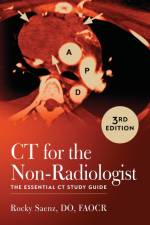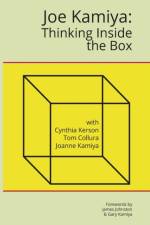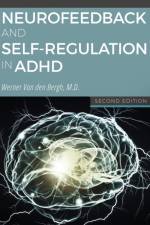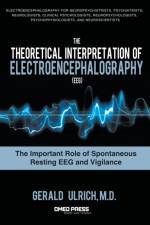- Thinking Inside the Box
av Cynthia Kerson, Tom Collura & Joanne Kamiya
447
Joe Kamiya is a philosopher and scientist. He thinks both outside and inside the box and is a genuine, empathic, and kind soul. Those of us who are amongst his colleagues share an appreciation for his contributions to the field of EEG discovery, operant conditioning, and neuromodulation. As one of the forefathers of EEG biofeedback, he led the way for us to apply this intervention not only from a clinical view, but also from a personal and self-realizational perspective. This is both for us personally, and for helping our clients and patients. Joe is honored in many ways, one in particular is with the First-Person Science award presented by the Foundation for Neurofeedback and Neuromodulation Research (FNNR). This annual award is given to one who had applied first-person science in research, educational or clinical settings in the spirit of Joe.This book, Joe Kamiya: Thinking Inside the Box, will fill your heart with promise, optimism, and cheer. Joe is an endearing and charming man. Cynthia and Tom feel greatly enriched by this undertaking. They’re sure you’ll feel the same.The book is divided into 12 chapters, which present Joe’s chronological tale, from his original discoveries in Chicago to his work at UCSF in San Francisco. It also has many interesting and engaging talks between Tom, Cynthia, Joe and Joanne that will show what a scholar and compassionate person Joe is. The book has 2 forewords. One from his long-time colleague and friend, Jim Johnston, who helped him develop the first EEG recording devices and remains close to him and Joanne, even to this day. The other is Gary Kamiya, his son and Joanne’s stepson. Gary is an acclaimed writer and editor, and he shares a side of Joe that proves the man walks his talk and was a wonderful father and family man.Joe first found that one can discern EEG states and then found that one could actually regulate them. This was ground-breaking in the late 60s and the 70s. Without this contribution we would not have the foundational understanding of EEG operant conditioning from a first-person perspective.Cynthia Kerson and Tom Collura enjoyed many weekly phone meetings, talking with Joe and his wife, and partner in research, Joanne. they talked about their past, their discoveries, the present (at this writing, he is 94 years young), and their future hopes for our field, which is to consider teaching self-actualizing skills to children, possibly in the school setting, and to use neuromodulation as a tool for self-regulation for human improvement, in addition to for clinical uses.






